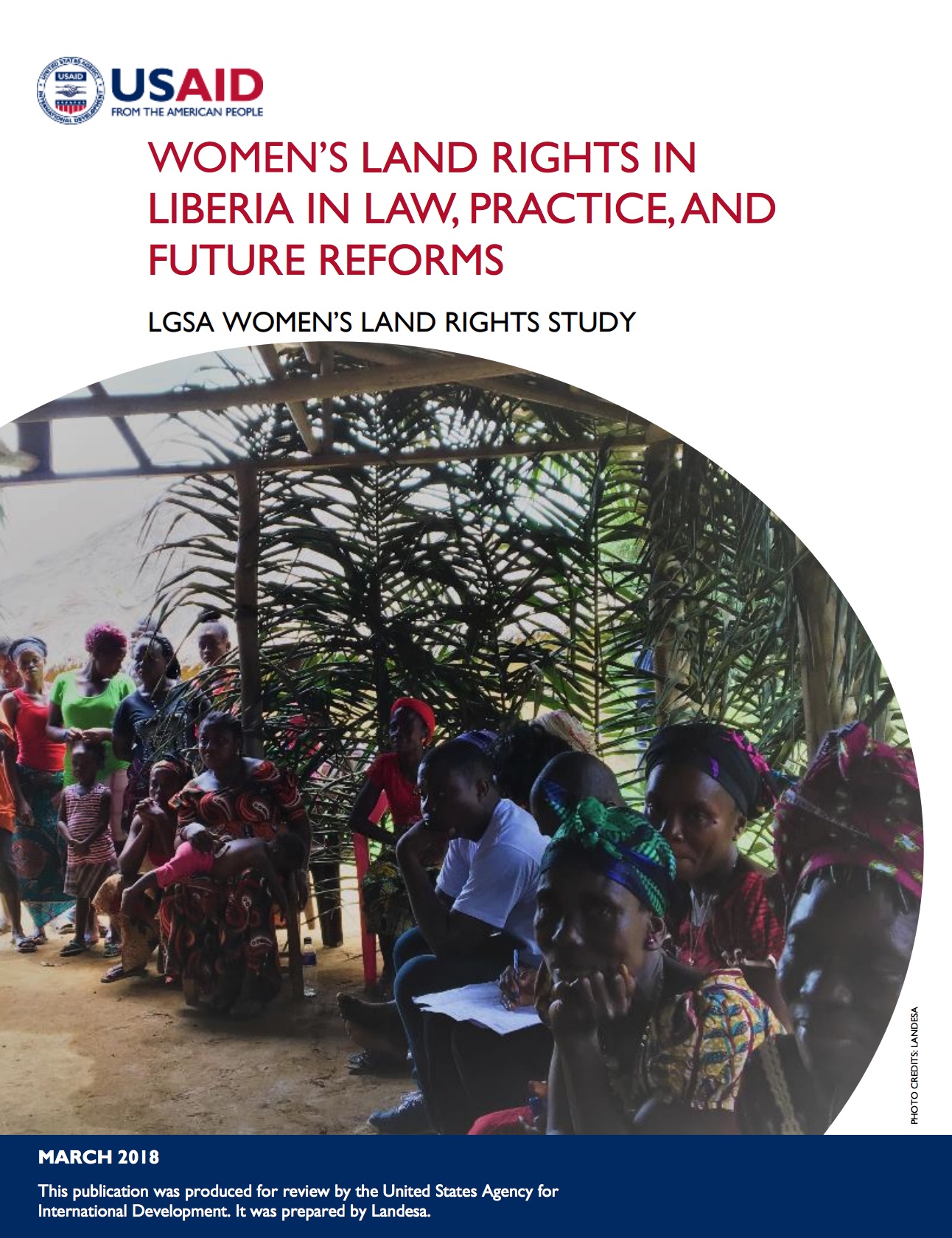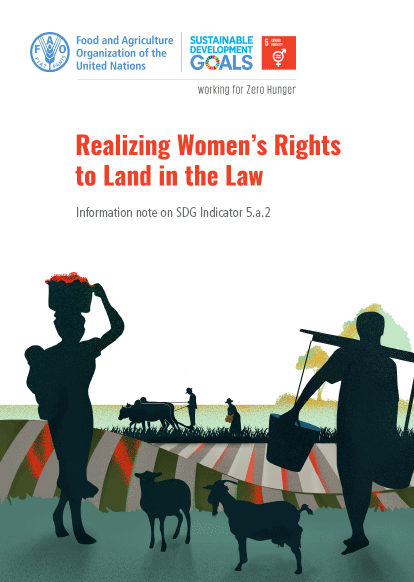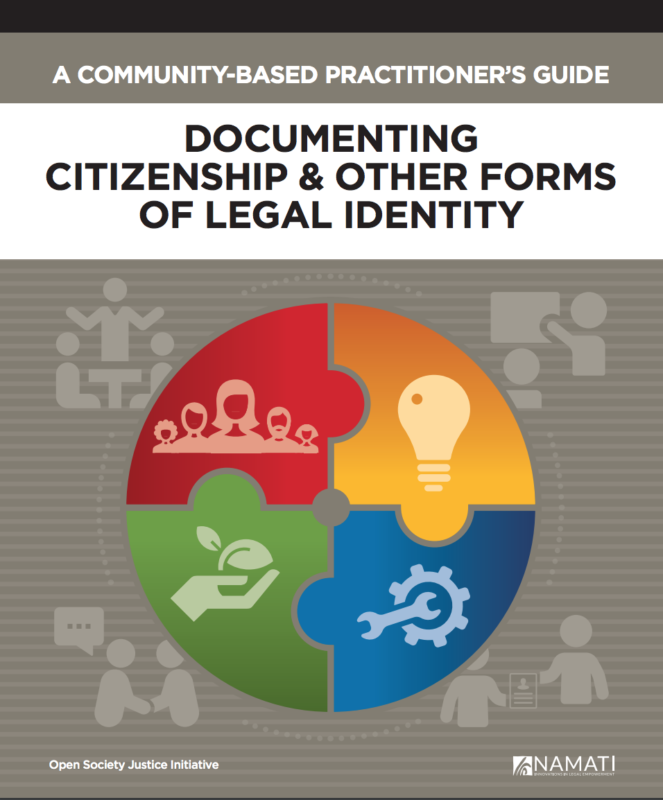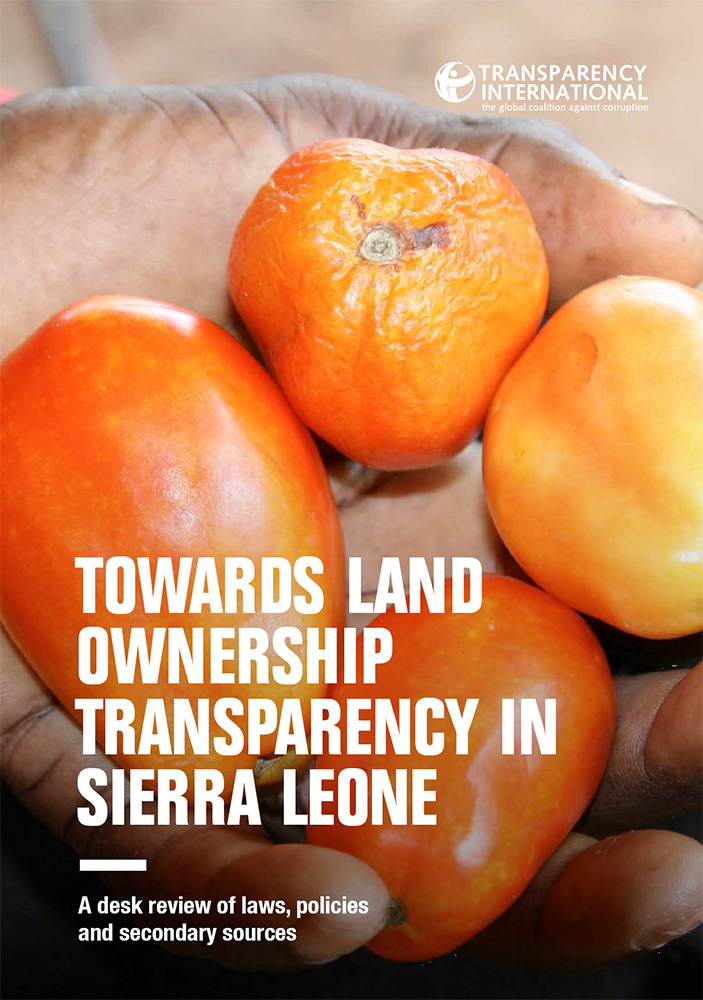Collective land ownership in the 21st century: Overview of global trends
Statutory recognition of rural communities as collective owners of their lands is substantial, expanding, and an increasingly accepted element of property relations. The conventional meaning of property in land itself is changing, allowing for a greater diversity of attributes without impairing legal protection.






